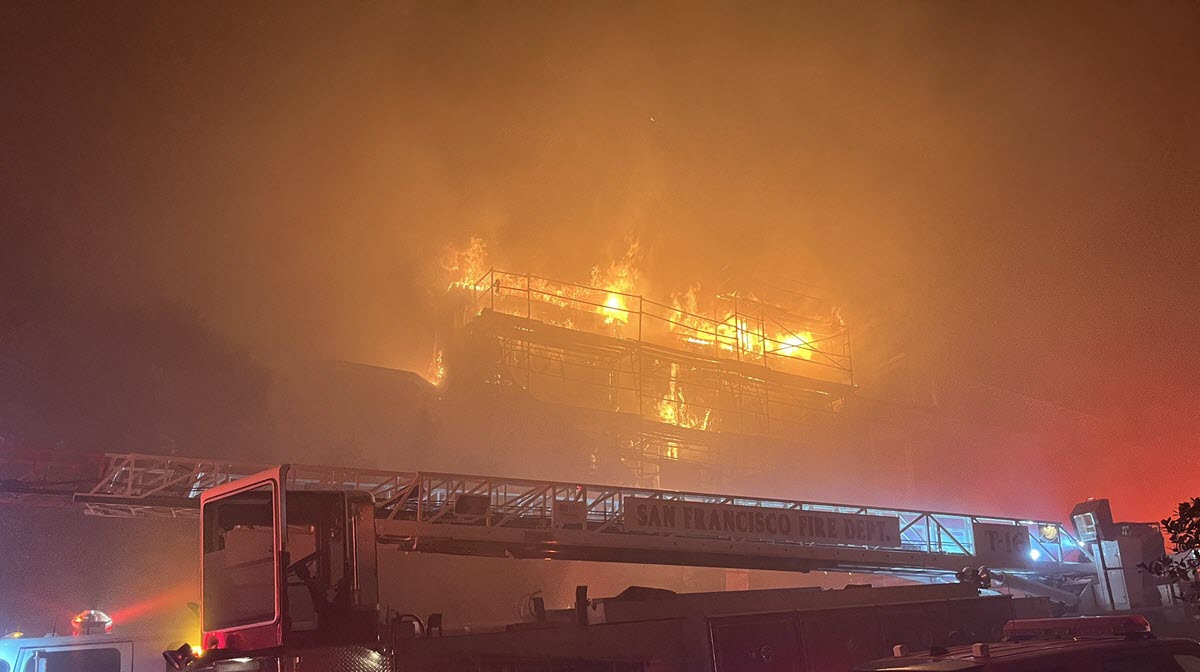A judge on Friday ruled that a new state law requires Northern California police departments to release records on officer shootings and misconduct that may date back years.
However, Contra Costa County Superior Court Judge Charles Treat put his ruling on hold for 10 days so that police unions can appeal.
The ruling was the first in more than a dozen legal cases around the state involving Senate Bill 1421. Signed last year in the wake of a series of high-profile police killings, the law was designed to guarantee public access to police records involving investigations into officer shootings, use-of-force incidents that caused great bodily injury or death, and those involving officers found to have committed misconduct such as sexual assault or falsifying evidence.
"Today's decision gives hope to those who have long fought for such disclosures, especially black and brown communities that have long been subjected to police violence," said a statement from the American Civil Liberties Union of Northern California.
The organization represented Richard Perez, who is seeking records related to the killing of his 24-year-old son, Richard "Pedie" Perez, by a Richmond officer in 2014.
Dozens of police agencies have released at least some records. However, some police unions argued that the law should only apply to records created after the law took effect on Jan. 1 and that previous personnel records are covered by longstanding law enforcement employee privacy laws.
Lawsuits seeking to block release of records requested by news organizations and others were filed last month by unions representing Contra Costa County sheriff's deputies and police officers in Antioch, Richmond, Martinez, Walnut Creek and Concord. Those departments have been involved in at least a dozen fatal shootings in the past five years.
Local
Tim Talbot, the attorney for the unions in the combined cases, said he probably will appeal the ruling, which he said "eviscerates those privacy rights (for officers) that were recognized for 40 years."
"We do think the court is wrong," he said.
In his 32-page ruling, the judge said the law doesn't change the liability that an officer would face for past conduct. He used as an example a police officer who committed unlawful brutality before the new law took effect. Under existing privacy law, the department could "hush the matter up" because it was prevented from disclosing its investigation. Now, Treat said, the investigation could be requested under the state's Public Records Act.
"That, however, is not a change in the substantive legal consequences of the officer's act," the judge wrote. "Police brutality was just as illegal in 2018 as it is in 2019. All that has changed is an increased chance that illegal or improper conduct will come to public light."



